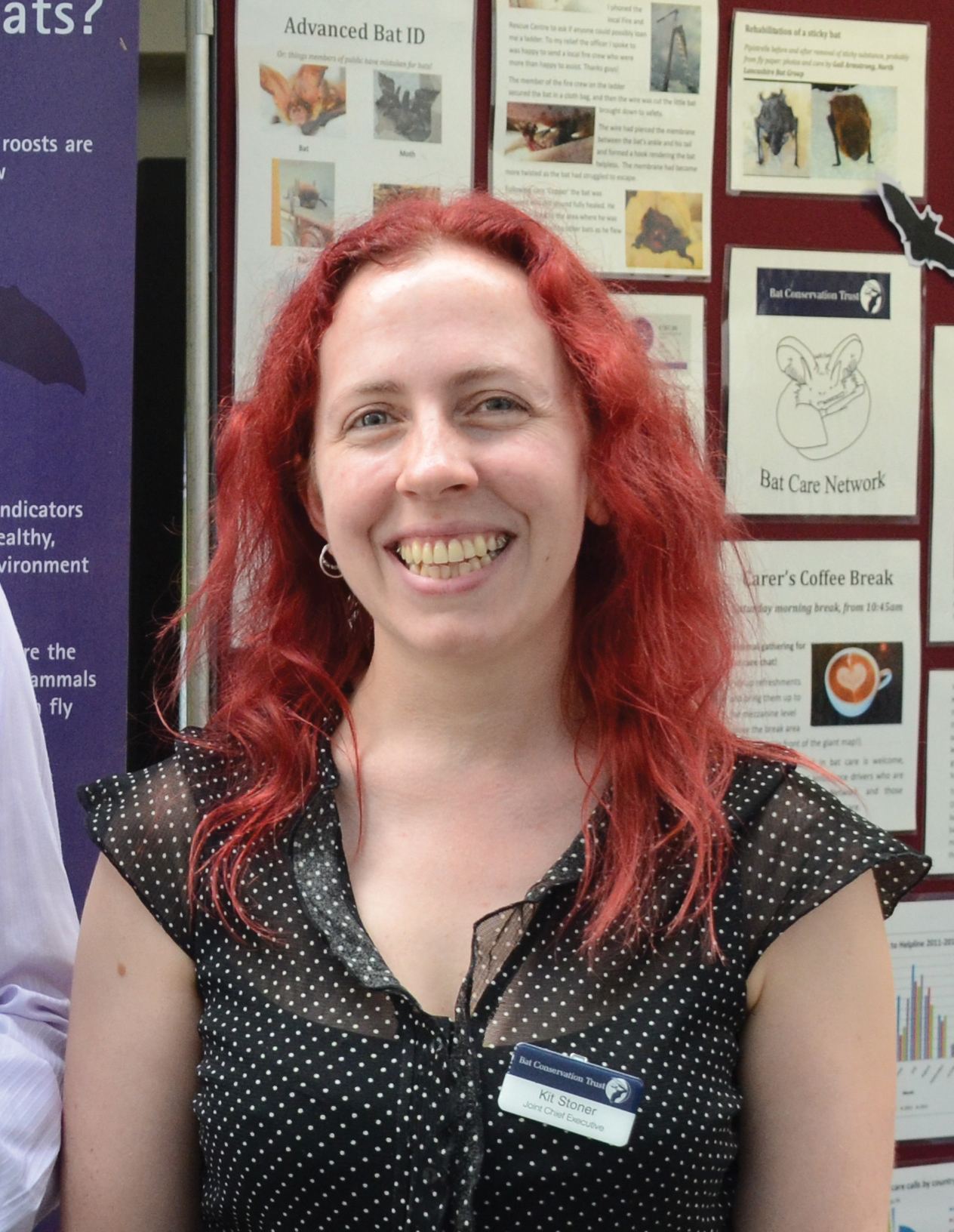October 2022
There have recently been accusations that environmental and conservation NGOs are “anti-growth”. We are not anti-growth. We want a thriving sustainable economy which benefits from ecosystems services, where people have access to food, housing and nature on their doorsteps. These can and must work hand in hand.
At the Bat Conservation Trust we have always worked with different industries and sectors to understand what challenges there might be in balancing the needs of people, businesses and nature. Working together to find good practical solutions is the only effective way forward. Our experience is that they are possible, and our industry partners are equally keen to support them.
We do not need to throw away existing protections and good initiatives.
Many farmers, through a range of initiatives such as the Nature Friendly Farming Network, are already supportive of wildlife conservation, and we know that food production and nature protection can be complementary. Just one example of this is our grey long-eared bat work (with Back from the Brink partners, East Devon AONB and 240 landowners) which successfully restored or enhanced over 100 hectares of land to improve foraging habitat and connectivity for this threatened bat. Further work is planned with landowners to help wildlife resilience in the face of climate change, whilst supporting farmers to try innovative new ways to produce our food.
In the planning and development sphere, we know that the Habitats Regulations have been shown in a number of reviews to be fit for purpose but need improvements in their implementation. We are working with Natural England (NE) and the Chartered Institute of Ecology and Environmental Management (CIEEM) on a pilot licensing scheme to improve professional standards, get better outcomes for bats through more effective mitigation and monitoring, and importantly, provide developers with a more streamlined process.
Prior to this we led a partnership of 19 organisations representing the conservation, planning and development sectors, to simplify, streamline and improve the consideration of biodiversity in the UK planning process. This resulted in the Wildlife Assessment Check which benefits householders and small developers by making sure biodiversity is considered early in the planning process, and therefore avoiding costly delays. It also supports local planning authorities where there is no inhouse ecological expertise.
Another example is our work with Vistry Group, training their staff and working with them on Biodiversity Net Gain and good practice on new housing developments. Vistry Group says, “We are proud of our partnership with the Bat Conservation Trust which demonstrates how organisations can work pro-actively towards common environmental goals. Environmental wellbeing is at the heart of our Social Value Strategy, reflecting the importance of developing communities that are good for people and nature.”
It is not helpful to create a fake war between nature and sustainable growth. It is not one or the other. And we do not need or want to deregulate to achieve growth. Over and over again, business has said that what it needs is certainty. Deregulation does not provide that.
However, with the right policies and expertise, our industry, conservationists and government can deliver what the country needs – affordable housing, better access to nature and green spaces rich in wildlife, investment in solutions to address the climate and nature emergencies, a secure economy and jobs.
We are united with other environmental NGOs in standing up against what seems to be an attack on nature. And we also stand with the many companies and individuals in the development and farming industries who want to deliver housing and food at the same time as helping to tackle the nature and climate crises.
Kit Stoner is CEO of Bat Conservation Trust. Follow @_BCT_
The opinions expressed in this blog are the authors' and not necessarily those of the wider Link membership.

Latest Blog Posts